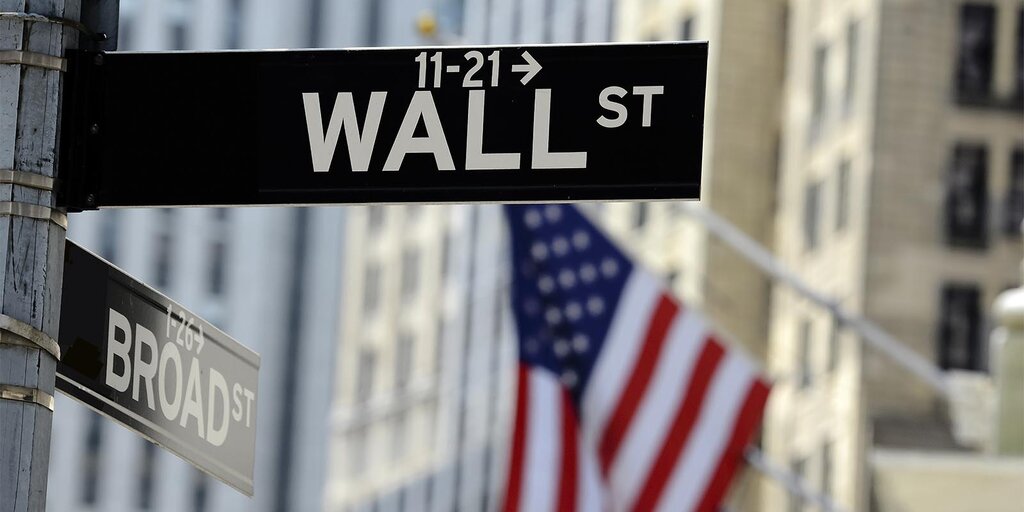Bitcoin’s (BTC) price action is the talk of the town this week, and based on the current sentiment expressed by market participants on social media, one could almost assume that the long-awaited bull market has started.
As Bitcoin’s price rallied by 16.1% between Oct. 22 and Oct. 24, bearish traders using futures contracts found themselves liquidated to the tune of $230 million. One data point that stands out is the change in Bitcoin’s open interest, a metric reflecting the total number of futures contracts in play.
The evidence suggests that Bitcoin shorts were taken by surprise on Oct. 22, but they were not employing excessive leverage.

During the rally, BTC futures open interest increased from $13.1 billion to $14 billion. This differs from Aug. 17, when Bitcoin’s price dropped by 9.2% in just 36 hours. That sudden movement caused $416 million in long liquidations, despite the lower percentage-size price move. At the time, Bitcoin’s futures open interest decreased from $12 billion to $11.3 billion.
Data seems to corroborate the gamma squeeze theory that is circulating, which implies that market makers had their stop losses “chased.”
The $BTC “god candle” lines up with where dealers got blown out of short positioning ($32k-$33k).
This was a gamma squeeze, not organic. pic.twitter.com/NXM8z8mNDa
— Not Tiger Global (@NotChaseColeman) October 24, 2023
Bitcoin personality NotChaseColeman explained on the X social network (formerly Twitter) that arbitrage desks were likely forced to hedge short positions after Bitcoin broke above $32,000, triggering the rally to $35,195.
The most significant issue with the short squeeze theory is the increase in BTC futures open interest. This indicates that even if there were relevant liquidations, the demand for new leveraged positions outpaced the forced closures.
Did Changpeng Zhao and BNB play a role in Bitcoin’s price action?
Another interesting theory from user M4573RCH on X claims that Changpeng “CZ” Zhao used BNB (BNB) as collateral for margin on Venus Protocol, a decentralized finance (DeFi) application, after being forced to sell Bitcoin to “shore up” the price of BNB.
maybe im nuts but what we just saw is
cz has BNB collateral on Venus
bnb dumping
cz sells btc to shore up bnb
cz unwinds loans and pays back debt on Venus
bnb on venus no longet vulnerable to liquidation
cz buys back btc with bnb to rebalance his btc position@cz_binance… pic.twitter.com/NHulDnacB3
—
(@M4573RCH) October 25, 2023
According to M4573RCH’s theory, after a successful intervention, CZ would have paid back the interest on Venus Protocol and bought back Bitcoin using BNB to “rebalance” the position.
Notably, the BNB supply on the platform exceeds 1.2 million tokens, worth $278 million. Thus, assuming that 50% of the position is controlled by a single entity, that’s enough to create a $695 million long position using 5x leverage on Bitcoin futures.
Of course, one will never be able to confirm or dismiss speculations such as the Venus-BNB manipulation or the “gamma squeeze” in Bitcoin derivatives. Both theories seem plausible, but it is impossible to assert the entities involved or the rationale behind the timing.
The increase in BTC futures open interest indicates that new leveraged positions have entered the space. The movement could have been driven by news that BlackRock’s spot Bitcoin exchange-traded fund (ETF) request was listed on the Depository Trust & Clearing Corporation, even though this event does not increase the odds of approval by the United States Securities and Exchange Commission.
Bitcoin derivatives point to a healthy bull run and room for further gains
To understand how professional traders are positioned after the surprise rally, one should analyze the BTC derivatives metrics. Normally, Bitcoin monthly futures trade at a 5%–10% annualized premium compared to spot markets, indicating that sellers demand additional money to postpone settlement.

The Bitcoin futures premium reached 9.5% on Oct. 24, marking the highest level in over a year. More notably, it broke above the 5% neutral threshold on Oct. 23, putting an end to a nine-week period dominated by bearish sentiment and low demand for leveraged long positions.
Related: Matrixport doubles down on $45K Bitcoin year-end prediction
To assess whether the break above $34,000 has led to excessive optimism, traders should examine the Bitcoin options markets. When traders anticipate a drop in Bitcoin’s price, the delta 25% skew tends to rise above 7%, while periods of excitement typically see it dip below negative 7%.

The Bitcoin options’ 25% delta skew shifted from neutral to bullish on Oct. 19 and continued in this direction until it reached -18% on Oct. 22. This signaled extreme optimism, with put (sell) options trading at a discount. The current -7% level suggests a somewhat balanced demand between call (buy) and put options.
Whatever triggered the surprise price rally prompted professional traders to move away from a period characterized by pessimism. However, it wasn’t enough to justify excessive pricing for call options, which is a positive sign. Furthermore, there is no indication of excessive leverage from buyers, as the futures premium remains at a modest 8%.
Despite the ongoing speculation regarding the approval of a spot Bitcoin ETF, there is enough evidence to support a healthy influx of funds, justifying a rally beyond the $35,000 mark.
This article is for general information purposes and is not intended to be and should not be taken as legal or investment advice. The views, thoughts, and opinions expressed here are the author’s alone and do not necessarily reflect or represent the views and opinions of Cointelegraph.
Read More: cointelegraph.com









 Bitcoin
Bitcoin  Ethereum
Ethereum  Tether
Tether  XRP
XRP  Solana
Solana  USDC
USDC  Dogecoin
Dogecoin  Cardano
Cardano  TRON
TRON  Lido Staked Ether
Lido Staked Ether  Wrapped Bitcoin
Wrapped Bitcoin  Sui
Sui  Chainlink
Chainlink  Wrapped stETH
Wrapped stETH  Avalanche
Avalanche  Stellar
Stellar  Shiba Inu
Shiba Inu  Hedera
Hedera  Toncoin
Toncoin  Hyperliquid
Hyperliquid  Bitcoin Cash
Bitcoin Cash  Pi Network
Pi Network  USDS
USDS  Polkadot
Polkadot  LEO Token
LEO Token  Litecoin
Litecoin  WETH
WETH  Monero
Monero  Wrapped eETH
Wrapped eETH  Bitget Token
Bitget Token  Pepe
Pepe  Binance Bridged USDT (BNB Smart Chain)
Binance Bridged USDT (BNB Smart Chain)  Coinbase Wrapped BTC
Coinbase Wrapped BTC  Ethena USDe
Ethena USDe  WhiteBIT Coin
WhiteBIT Coin  Uniswap
Uniswap  Bittensor
Bittensor  NEAR Protocol
NEAR Protocol  Aptos
Aptos  Dai
Dai  Aave
Aave  OKB
OKB  Ondo
Ondo  Internet Computer
Internet Computer  Ethereum Classic
Ethereum Classic  BlackRock USD Institutional Digital Liquidity Fund
BlackRock USD Institutional Digital Liquidity Fund  sUSDS
sUSDS  Cronos
Cronos